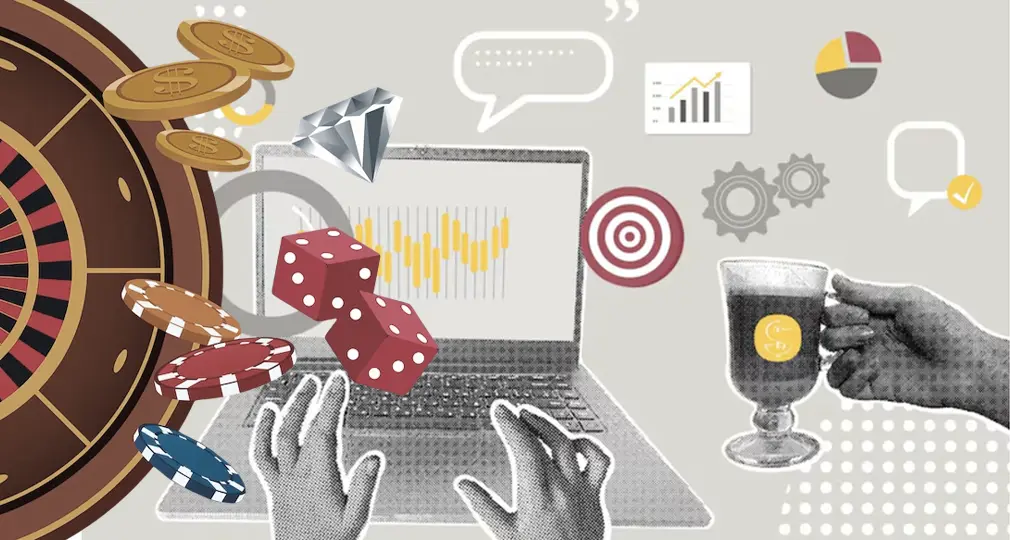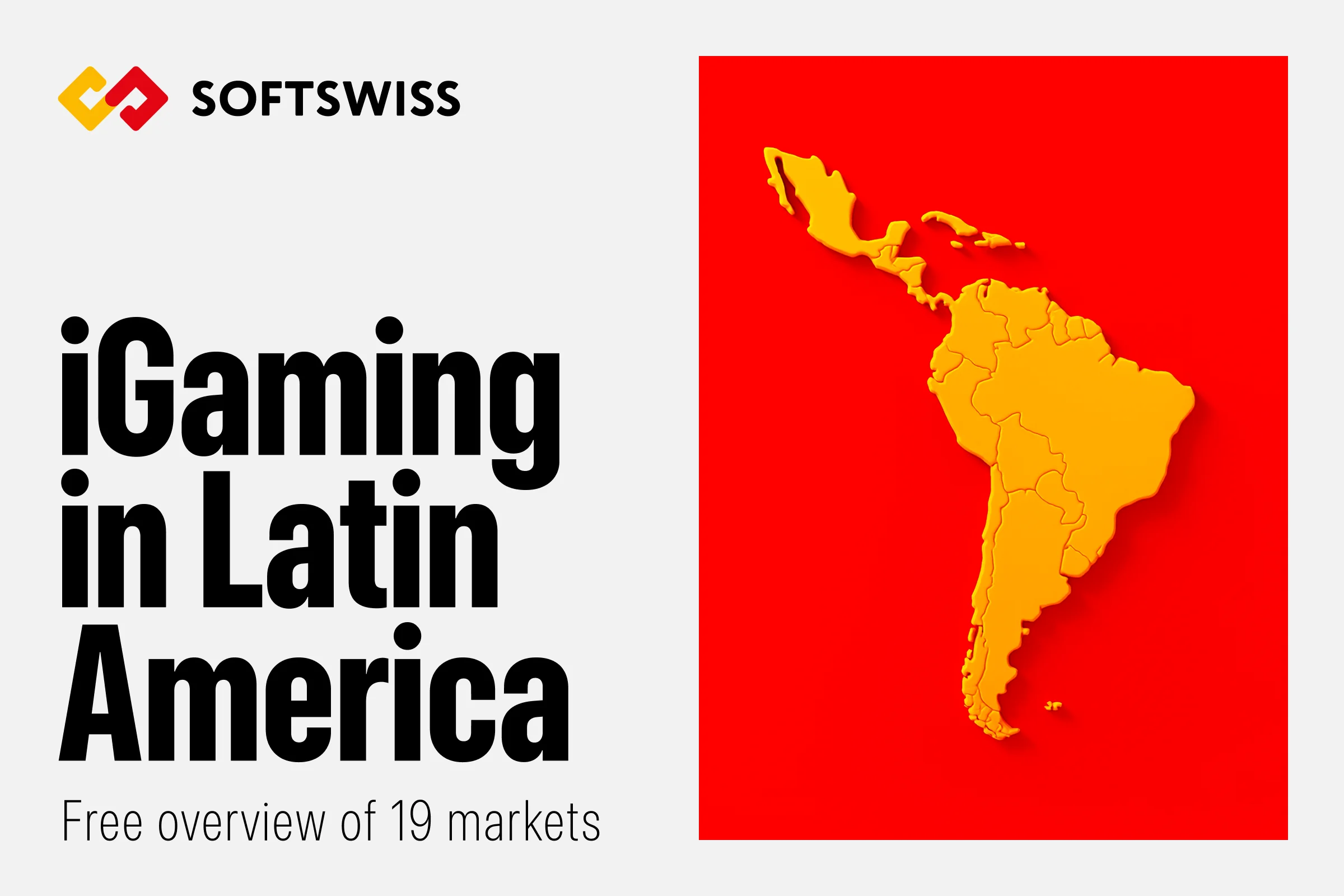The news about the cryptocurrency industry shows how fast it is developing, opening more and more opportunities for both investors and businesses. DeFi is among the loudest words when the crypto market is discussed.
Felix Mago, a co-founder of Dash Thailand and Futerio, has explained what challenges DeFi can solve, why it is important for the financial sector, and what investors should do before buying crypto.
Felix, what is happening with DeFi in 2021?
The short answer is a lot. It’s almost so much that it’s very hard to keep up. What I see right now is that DeFi is getting bigger very fast, and you can see that by several numbers. One of the most important numbers is TVL – Total Value Locked – and this means how much money people put into smart contracts and lock it up into smart contracts. There are different platforms, and what is happening is that smart contracts aren’t available only on Ethereum, but they are available on other blockchains as well, such as Matic, or the very new is Solana.
So, people have an opportunity to put their money in a variety of financial products and services, which are basically, to put it very simple, traditional financial products on new technical infrastructure. And this means that there are no middlemen, which means that there is usually a lost cost saving factor or, to put it differently, there is a lot of profit that immediately and directly goes to the investors.
Take for example a lending product. Normally, you go to a bank, ask for a loan, they write you fax, a letter, and, at the end of the day, you might or might not get a loan, and you will pay the interest rate to the bank. It has to pay for its staff, to all the people who work there, for the building, for everything that it includes.
A DeFi loan is very direct. It’s all based on smart contracts, which means it’s all based on an automated way of doing this loan. Then in that way, you save a lot of costs.
It’s a big revolution because there are so many financial products. The truth is that DeFi is taking over every single financial product and service that we are used to right now.
In your opinion, how many countries would like to adopt this technology in the future as one of the main financial directions? Some countries have already considered this opportunity for them. El Salvador has recently adopted the law to accept Bitcoins. What about other countries?
It’s a great question. There is a big difference between having cryptocurrency as a legal tender, like El Salvador has done, or being okay with cryptocurrency being used on the national regulations. As for El Salvador, everybody, every shop, every merchant of the country has to accept Bitcoin.
This is one way, and it’s a great way, I am super happy to see that, but the truth is that you don’t need to use cryptocurrency in the country. Basically, we can use cryptocurrency more or less in most countries, meaning we can do trading, we can do a lot of things, but we can’t go to every store and pay with it. In the long run, it will happen, in my opinion, it doesn’t matter if it becomes a legal tender or not. Simply because it will become a new normal to pay with cryptocurrencies.
So, do you mean that in the nearest future, people will be able to use crypto as usual fiat money or as a common payment method?
I am working in the crypto payments space since 2016, and I can tell you that a lot has happened already. So, I am already seeing, every year constantly, the numbers go up in terms of merchants accepting crypto and in terms of users spending crypto. For me, very much has become already a reality. It’s not about to happen, it’s already happening.
What challenges can DeFi solve in various industries? Not only in the financial one, but in other verticals, including iGaming, which is also having its boom period now.
Absolutely. Let me also add NFT funds to the question. Both of them are very popular right now, and both of them can solve many problems.
The first thing to understand is that you have the opportunity to create completely new business models. The question isn’t only about challenges but also about the kind of opportunities that it gives. Let’s take for example when the internet came. Before we had all kinds of businesses and, suddenly, they had to make a website, but they didn’t know what to do. And it took like ten or twenty years until we came up with really new business models, and internet-native businesses came out.
The same thing is happening with cryptocurrencies now. However, of course, you have to understand that it is the business model, which requires a lot of reading and learning before you can do that.
I’ve already mentioned before that the major things that DeFi and NFT enable are to get off all the middlemen and, essentially, to streamline processes and to make cost-efficient businesses.
Many popular entrepreneurs and digital influencers influence the cryptocurrency vertical by their announcements. Do they want to get a piece of the pie, namely the crypto market?
It’s hard to answer, I would assume, from different people and different companies, everybody has different interests. If you want a business, of course, you want to make money. It would be my assumption that their jumping on a train is good and bad at the same time. It is good because it will help with mass adoption, and it is bad because sometimes it is really hard to understand the motives of why someone tweets a certain thing.
As an investor, I would recommend being careful with all these kinds of news and better doing proper research on what you are investing in. Is it a good project? Does it have a chance to make money? Is it a good business model? And so on.
In your opinion, do these people have enough power to make some kind of transformation in this vertical?
It depends. But, certainly, Facebook is launching a cryptocurrency and may have so many users, I would assume, it will change things because many users can potentially use it. The same goes for Tesla and other companies.
In general, is social media hype around cryptocurrencies, which is made by influencers, negative or positive phenomenon?
Probably, it’s both. I think, first of all, the fact is that social media is taking over in terms of advertising, sales channels, not only for crypto but in every single industry. But as for money, you have to be careful and do your research. It is very important for everybody to learn. Most definitely, people with hidden agendas will be there.
How can you describe the current cryptocurrency-related regulations across European countries? In what direction do they move?
I think the answer is, especially for Europe, the regulations are in the making. They are in the making slowly, while, at the same time, crypto and blockchain are moving at a very rapid speed. Many countries in European Union have clear laws on how to tax crypto trading and crypto assets, but someday we see big movement into staking and into DeFi, which is essentially generating an extra yield on your crypto assets. This question makes a completely new taxable event, and it also depends on the country where you are located – whether it is taxable if your Bitcoin is suddenly generating a yield or interest rate. Suddenly, it is completely a new question. It is absolutely normal for the industry, but it’s completely a different question for the regulation. This is why, I think, we will continue to see these gaps, but, at the end of the day, most people want to do things in a legal way.
In general, is a regulatory framework required for crypto? Should it be controlled by the government to protect investors?
It’s a difficult question. It actually has a lot of different angles to talk about that. The one you’ve mentioned is investor protection, another one is taxation, and another one is the monetary policy of governments. I think it wouldn’t be fair to put all in the same basket. Generally speaking, I would say that it’s a good thing to protect investors from scams, but I am not sure that it’s a good thing to have monetary policies like they are right now. I think that crypto can design better systems.
It has different levels. Let’s take Bitcoin and the European Central Bank for example. The European Central Bank imprints as much money as it wants when it decides to do so. If you have a system like Bitcoin, nobody can do that because there is a maximum of 21 million coins. Nobody in the world can change this. I think it’s more transparent what Bitcoin does than the European Central Bank is doing.
In what cryptos would you recommend investing nowadays?
I am not an investment advisor but looking at the current market you can clearly see certain dynamics, for example, in DeFi or the NFT space that are really hot right now, with angles for Ethereum Layer-1 or Layer-2. However, the crypto space is changing so fast that is why it is important to do updated research.
The trends are changing very fast. We have seen DeFi, and we are seeing a lot of hype around play-to-earn games.
Read more: Best Gambling Payment Providers












